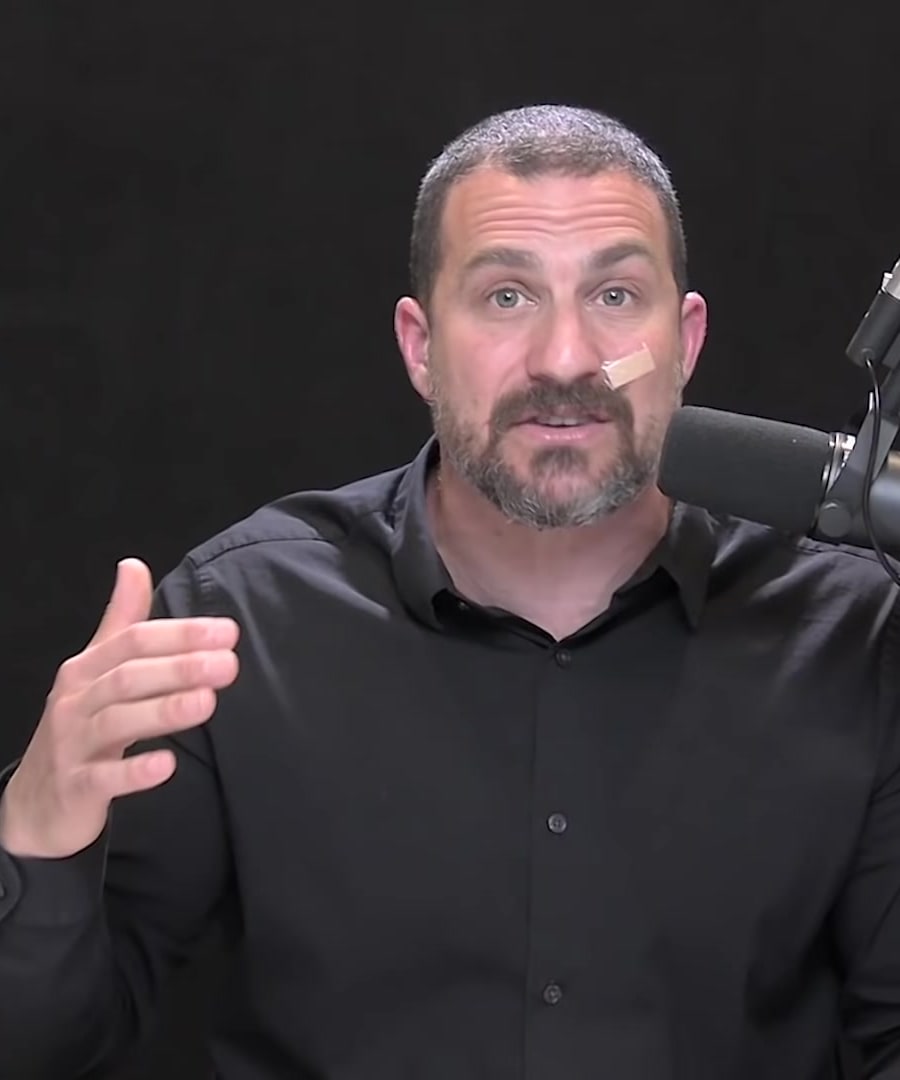Why is bright light at night bad for sleep?
Sources:
Bright light at night is detrimental to sleep for several reasons, as explained by on the . The primary issues include:
- Bright light at night suppresses melatonin release, which is essential for inducing sleepiness and transitioning into sleep 1.
- Even low light levels after 8 PM can reset and shift the body's circadian clock, which is why it is advised to avoid bright light especially between 10 PM and 4 AM 2.
- Exposure to bright light in the middle of the night suppresses dopamine release, impacting mood and potentially altering learning and attention processes 3 4.
- Studies have shown that bright light exposure between 10 PM and 4 AM can disrupt mood-producing systems in the brain and have negative effects on health and learning 5 6.
Therefore, it is essential to manage the timing and intensity of light exposure to improve sleep quality and support overall well-being.
RELATED QUESTIONSIs phone light bad for sleep
Sources:
Phone light, particularly from smartphones, can be bad for sleep due to several reasons, as discussed by on the :
- Phone light exposure at night suppresses the release of dopamine, a neuromodulator associated with good mood and can inhibit learning among other detrimental effects. It's crucial to minimize bright light exposure between 11:00 p.m. and 4:00 a.m. to maintain mental health 1.
- The impact of phone use on sleep is not just about the brightness of the screen but also what you are doing on your phone. Engaging in stimulating activities like reading emails or social media can be more disruptive than the light itself 2.
- Limiting exposure to bright artificial light in the evening can have benefits for mental health. Dimming the screen or using red light filters on devices can help mitigate the effects of artificial light at night 3.
It's important to manage phone usage context and brightness at night to optimize sleep quality. One recommendation includes avoiding bright light and stimulating activities on your phone before bed 4.
RELATED QUESTIONSWhat are some sleep hygiene tips to improve sleep?
Sources:
To improve sleep, the recommends various sleep hygiene tips:
- Regular bed and wake-up times: Keeping a consistent sleep schedule enhances sleep quality.
- Minimize screen time before bed: Avoid screens rich in blue light before sleep to prevent disruptions in your circadian rhythm.
- Relax before bed: Engaging in relaxing activities can promote better sleep.
- Moderate room temperature: Keeping your sleep environment cool can help in achieving better sleep quality.
- Darkness: Ensure your sleeping environment is as dark as possible to optimize sleep.
- Avoid caffeine before bedtime: Limit caffeine intake, especially in the later hours of the day, to avoid disrupting sleep patterns.
- Light exposure upon waking: Expose yourself to sunlight or use bright lights in the morning to help set your circadian clock 1.
Additionally, unconventional tips include:
- If you have a bad night of sleep, do nothing: Avoid napping or altering your sleep schedule the next day to maintain regularity.
- Wind down routine: Develop a bedtime routine to help transition into sleep.
- Physical tools: Consider using eye masks or earplugs if they help you, and elevate your feet, if appropriate, to improve sleep quality.
- Bed usage: Limit activities in bed to only sleep and sex to condition your brain for better sleep quality 2 3 4 5.
These suggestions should help create an environment and routine conducive to better sleep.
RELATED QUESTIONS
Why is bright light at night bad for sleep?
- RELATED QUESTIONS
Is phone light bad for sleep
- RELATED QUESTIONS
What are some sleep hygiene tips to improve sleep?
- RELATED QUESTIONS













